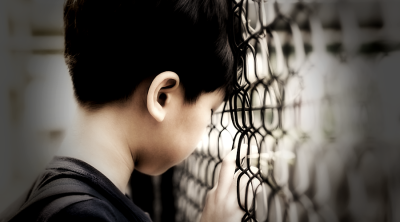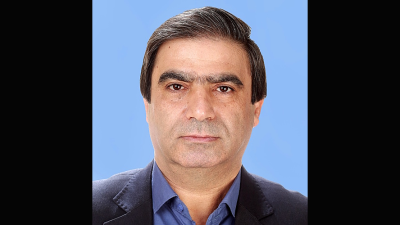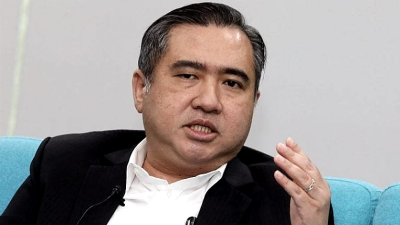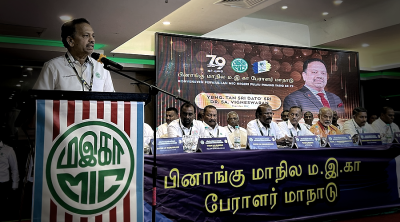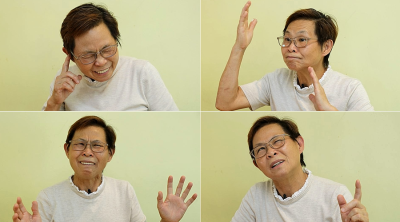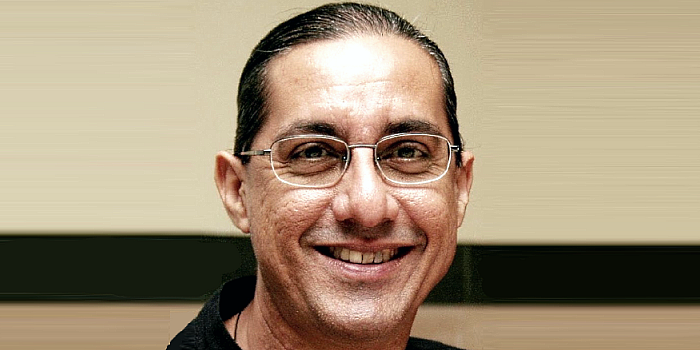
On February 3, a high court ruling dismissed a six-year suit filed against a special-education secondary boarding school when the plaintiff was a 17-year-old student with autism and ADHD (attention deficit hyperactivity disorder).
This matter raises serious questions for all parents and children. It is of particular concern to parents of children with disabilities.
The key concern is the judge’s ruling that the school has “no statutory duty of care to maintain a safe environment and provide quality education.”
The extremely grave implications of this are that the Malaysian education authorities have no obligation to provide a safe environment for children in school premises, even if disabled and in a boarding school.
This contradicts the basic expectations all parents have of schools and teachers towards their children: schools do have a duty of care for children.
It is legitimate to expect that when we send our children to school, the school authorities may be relied upon to do their best to maintain a safe and secure environment for the children placed in their care.
The ruling impacts all children, in particular this young disabled person whose case has dragged on for six years.
The court found that the child “failed to prove” the four alleged incidents of physical bullying by a deaf student as there were no eye witnesses.
Is it even correct or fair to place the onus on the OKU child to provide the proof of bullying in the first place? This brings to mind cases of injustice when the judicial system places on the victims of rape the onus to provide evidence of rape committed.
Furthermore, anyone who has been following media coverage of many cases of school bullying in Malaysia, indeed any student in school, knows that bullying is widespread in Malaysian public schools. This is even more so in boarding schools.
International data show that children with disabilities are five times as likely to be abused as those who are not disabled.
Bullying, like cases of harassment, most often happen in the absence of eye witnesses.
It is noteworthy that the guardian had lodged numerous complaints with the school and its principal.
The child had physical injuries and required medical care: in one incident, he was allegedly tied to a bed post and assaulted; on that, a police report had been lodged.
Do Malaysian schools have the statutory duty of care to maintain a safe environment and provide quality education for all students?
A police investigation may not be able to determine who had abused the child, but as he was in a boarding school environment, it may be presumed that the abuse would have happened within the school environment.
It is important to note the family’s difficult circumstances.
The judge, in her ruling, indicated that if the mother was unhappy with her son’s situation at the school, she could have moved him to another school.
The judge used the non-removal of the child from the special boarding school, subsequent to the first instance of bullying, as evidence that the child’s and the guardian’s claims of bullying were “unsubstantiated.”
This position was based on the assumption that the guardian had sufficient financial means to place the child in a private school but had instead opted to let him remain in a school environment that was fearful for the child, while pursuing a legal suit against the school.
Those of us who work and advocate for persons with disabilities are all too aware of how limited services and facilities are for disabled persons in Malaysia.
Evidence in the trial showed that the plaintiff, then still a child, was only offered two schools – one in Shah Alam (that he was attending) and one in Johor.
Since his mother was working in Klang Valley, she had no choice but to keep him in the same school in Shah Alam despite the painful situation, in order for the child to complete his education.
The mother was right to be concerned that her child should complete schooling even under very difficult circumstances, a legitimate concern of any parent.
We urge the Ministry of Education to fulfill its responsibility by ensuring that schools exercise their “duty of care” and are “safe places” for our children.
Silence and inaction over this case would amount to condoning school bullying.
How many more children do we leave to be traumatized as victims of school bullying before decisive action to tackle school bullying?
Malaysia needs strong, explicit measures to call out bullies and foster an anti-bullying culture.
This is fundamental to our identity as a nation: have we become people who ignore the bullying of those appearing different or weaker?
What will be our collective response to the February 3 ruling?
We have faith in the good people of Malaysia who are committed to the country’s progress and are willing to support justice for the plaintiffs.
This case has a serious bearing on the justice for children in all education facilities.
■ Dato’ Dr. Amar-Singh HSS, person with dyslexia, child-disability activist, Advisor, National Early Childhood Intervention Council (NECIC).
■ Yuenwah San, activist, care partner, and Honorary Senior Advisor (Disability Inclusion), Social Development Division, United Nations Economic and Social Commission for Asia and the Pacific (ESCAP).
■ Anit Randhawa, Advocate and Solicitor, Member of the Executive Committee, Medico-Legal Society of Malaysia, and Member of the Association of Women Lawyers, Malaysia.
■ Meera Samanther, Advocate and Solicitor, disability-gender activist, parent advocate, and Committee Member, Association of Women Lawyers (AWL).
■ Mary Chen, activist, care partner, and Chairperson, Challenges Foundation.
■ Wong Yoon Loong, Executive Director, National Council for the Blind, Malaysia.

ADVERTISEMENT
ADVERTISEMENT








